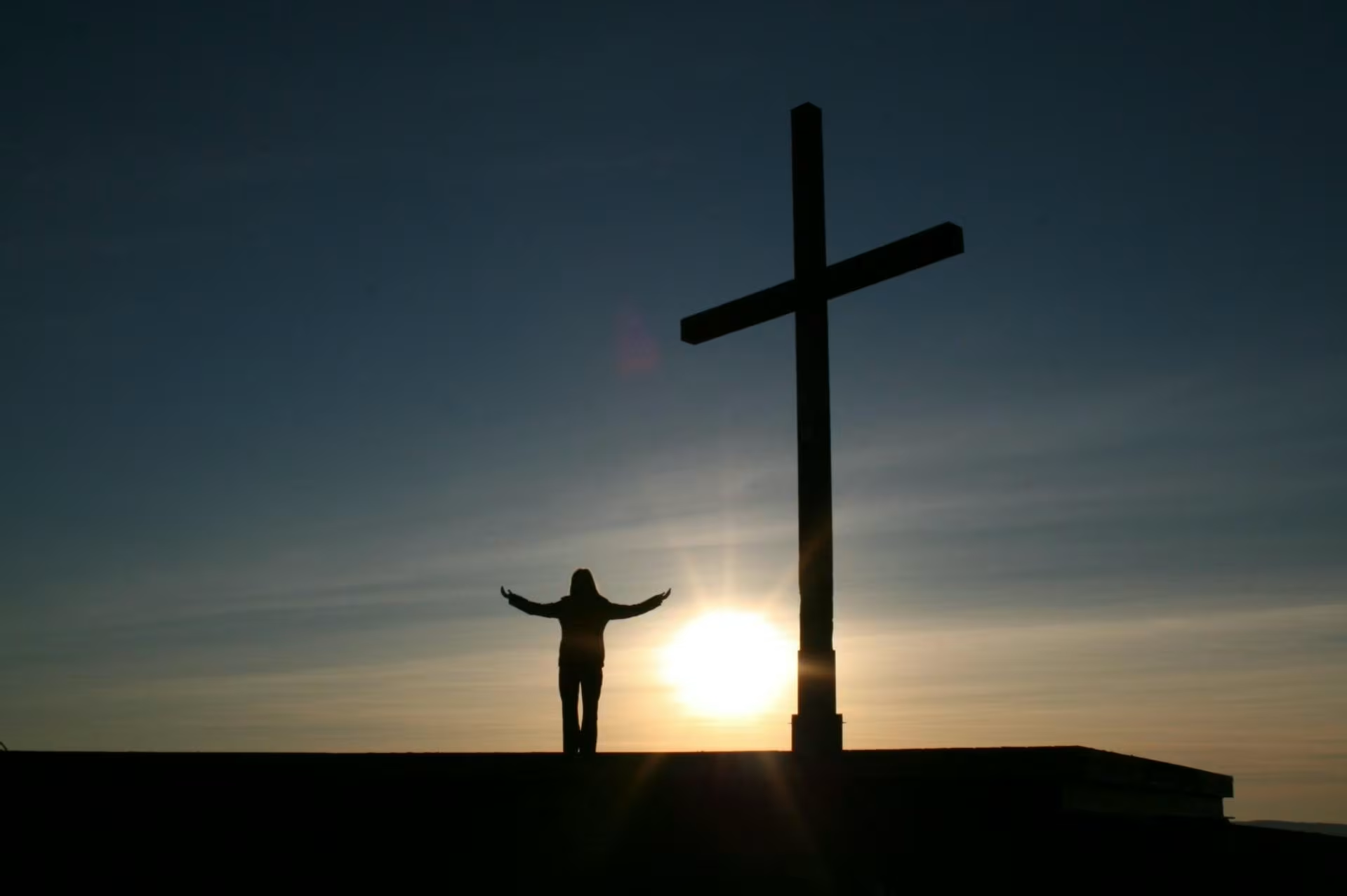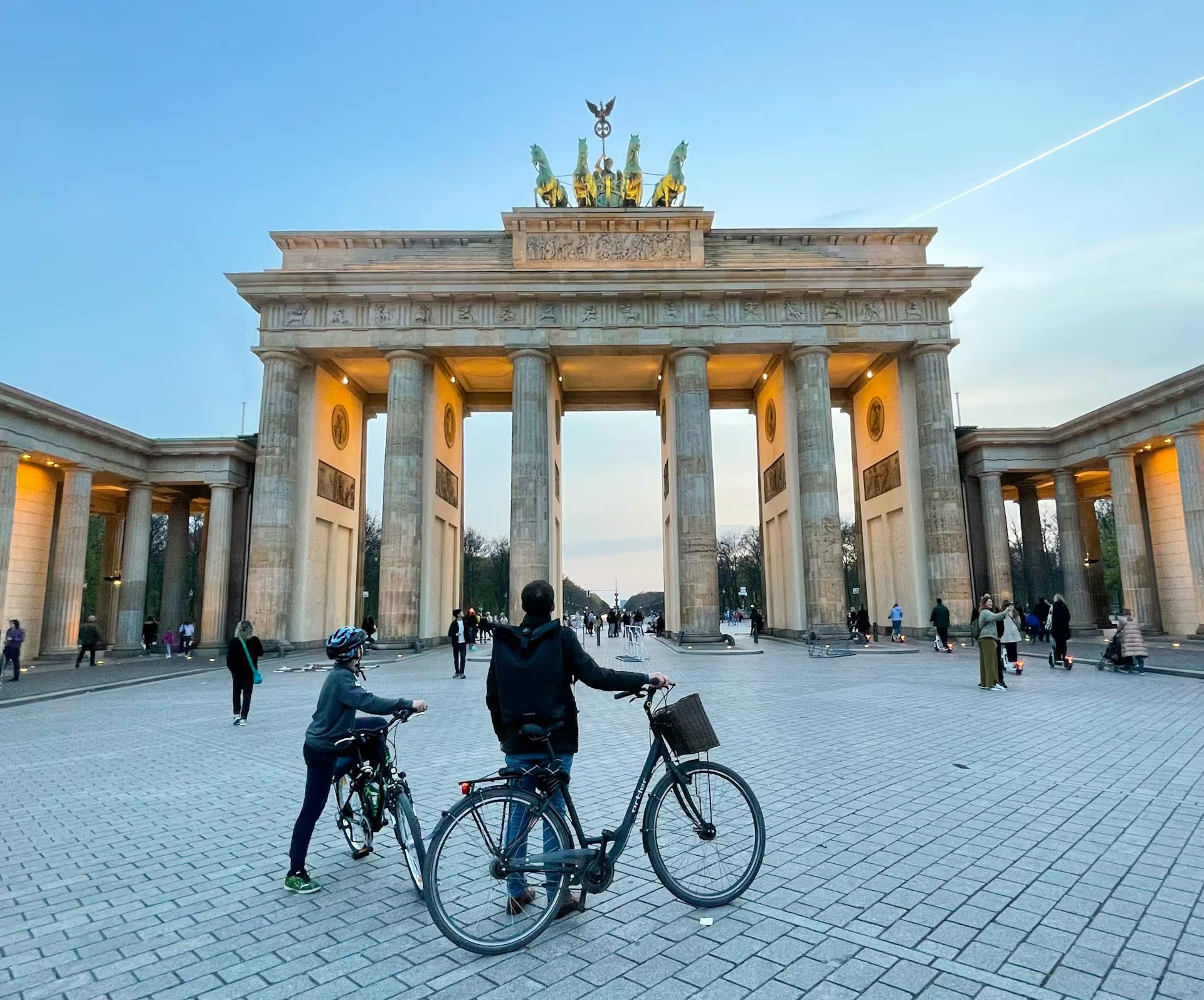德国有哪些宗教?
德国是多种宗教的发源地,这反映了德国的历史渊源和移民的影响。虽然基督教仍然是最大的信仰,但伊斯兰教、犹太教和其他宗教的社区也在蓬勃发展。同时,许多德国人认为自己是不可知论者、无神论者,或者干脆不信教。
德国的基督教
基督教是德国的主要宗教,截至 2024 年,约 45% 的人口 为基督徒。其中 24% 为罗马天主教徒,21% 为福音派基督徒。一小部分德国人(约 1.5%)信奉东正教。
天主教和福音派塑造了德国的文化、哲学和艺术,并在建筑、音乐和教育方面留下了宝贵的遗产。天主教在德国南部和西部,尤其是巴伐利亚州和北莱茵-威斯特法伦州尤为强大。新教社区主要集中在北部和东部,其传统与马丁-路德和宗教改革有关。
尽管许多德国人在文化上认同基督教,但其中相当一部分人并不积极参加礼拜。圣诞节和复活节等主要基督教节日在全国范围内庆祝,但通常更多的是作为文化庆祝活动,而不是严格意义上的宗教活动。
德国的伊斯兰教和穆斯林人口
德国的穆斯林群体日益壮大,这主要是移民所致。截至 2024 年,德国穆斯林人口约占 4%,伊斯兰教成为德国第二大宗教。
德国最大的穆斯林群体来自土耳其。这一移民潮始于 20 世纪 60 年代,当时为填补劳动力短缺而实施了客籍工人(Gastarbeiter)计划。最近,来自叙利亚、伊拉克和阿富汗等国的移民和难民也使德国的穆斯林人口不断增加。
穆斯林人口主要集中在城市地区,柏林、汉堡、法兰克福和慕尼黑等城市都有重要的穆斯林社区。各大城市都有清真寺,一些学校还提供伊斯兰宗教教育。
德国的犹太教
犹太教在德国有着悠久的历史,既有繁荣的文化生活,也有惨痛的迫害。第二次世界大战前,德国是欧洲犹太人口最多的国家之一,但大屠杀几乎消灭了犹太人在德国的生活。
今天,德国有超过 10 万名注册犹太社区成员。犹太教堂、文化中心和学校遍布许多大城市,其中柏林、法兰克福和慕尼黑是重要的犹太教中心。犹太文化节、艺术展览和学术项目进一步彰显了该社区的活力和贡献。
德国的其他宗教
除基督教、伊斯兰教和犹太教外,德国还有一些规模较小但不断壮大的宗教团体。印度教徒、佛教徒和锡克教徒都建立了寺庙和文化中心,尤其是在国际社区最发达的城市地区。这些宗教团体经常组织节日和活动,吸引信徒和好奇的游客。
佛教不仅在亚洲社区受到追捧,在寻求精神选择的德国人中也很受欢迎。冥想中心和静修中心越来越受欢迎,它们提供以正念和幸福为基础的修行方法。印度教寺庙则是印度和斯里兰卡侨民家庭的社区中心。
为什么有这么多不可知论者和无神论者?
德国是欧洲非宗教人口比例最高的国家之一,约有 46% 的人口认为自己是无神论者或不可知论者。20 世纪 ,由于工业化和东西德分裂,许多人放弃了信仰。
在东德,共产主义统治使无神论更加普遍,而西德则保留了一些与以前相同的宗教习俗。不过,这也在意料之中,因为其他国家的趋势表明,随着时间的推移,一个国家越富裕,宗教信仰就越淡薄。
与积极的宗教参与相比,许多德国人更喜欢文化传统。近年来,主要由于移民和寻求庇护者的增加,德国的宗教景观呈现出广泛的多样性。随着德国及其宗教活动的日益多样化,许多人都想知道德国是如何处理信仰问题的。
德国如何处理宗教问题?
考虑到当今德国的多样性,德国将宗教与政府分开处理。德国是一个正式的世俗国家,政教分离是其准则。这是世界各国的普遍做法,旨在为生活在德国的公民和非公民提供进一步的信仰自由。
更有甚者,德国政府承诺对所有信仰和世界观一视同仁。德国没有确定的宗教或世界观,政府也从未试图采纳或向人民强加某种宗教或世界观。 建设性中立 "是德国对待宗教的前提,目的是支持各种信仰背景的人们。
然而,宗教仍然影响着公共生活。宗教教育是学校课程的一部分,但学生可以选择不参加。教会和宗教团体还通过教会税( Kirchensteuer )制度获得资金,教徒在缴纳正常税款的同时还要缴纳教会税。
德国的宗教节日
尽管宗教与政府是分开的,但德国并不忽视公民和居民的共同节日。德国宪法保护圣诞节和复活节等节日。
在这些节日里,人们会放假,许多商店也会关门庆祝。因此,如果您在圣诞节期间访问德国,看到商店关门,人们在家与家人团聚,即使他们可能是无神论者或不可知论者,也不要感到惊讶。
德国的 其他宗教节日 包括耶稣升天节、圣灵降临节、圣体节和圣母升天节。
常见问题
查找有关在德国生活的常见问题的答案。
德国发展最快的宗教是什么?
德国增长最快的宗教是伊斯兰教。这主要归因于移民。穆斯林社区中最大的人口来自土耳其。
德国的主要宗教是什么?
德国的主要宗教是基督教。超过 45% 的德国人是基督徒,主要教派是罗马天主教和新教。
宗教在德国很重要吗?
宗教在德国不再像过去那样发挥核心作用,但它仍然影响着传统、节日和文化认同。许多德国人仍在庆祝复活节和圣诞节等节日,无论其信仰如何。
德国是世俗国家吗?
德国是一个政教分离的国家,宪法保障宗教自由。然而,信仰传统,尤其是基督教的信仰传统,仍然与公共和文化生活交织在一起。
德国有多少犹太人?
目前约有 125 000 名犹太人居住在德国。特别是自 20 世纪 90 年代前苏联移民以来,德国的犹太人口大幅增长。
德国有清真寺吗?
是的,据估计,德国至少有 2500 座清真寺。不过,大多数清真寺都没有经典的尖塔和圆顶结构,从外观上看很难辨认。
德国有很多穆斯林吗?
是的,德国的穆斯林人口是第二大宗教群体,约占总人口的 4%。伊斯兰教是德国发展最快的宗教。
获取签证就绪套餐
通过我们为您量身定制的一体化签证解决方案,开始您的德国之旅。
关于在德国生活的更多信息
从季节性天气模式到节日传统--您需要了解的有关德国生活的一切信息





